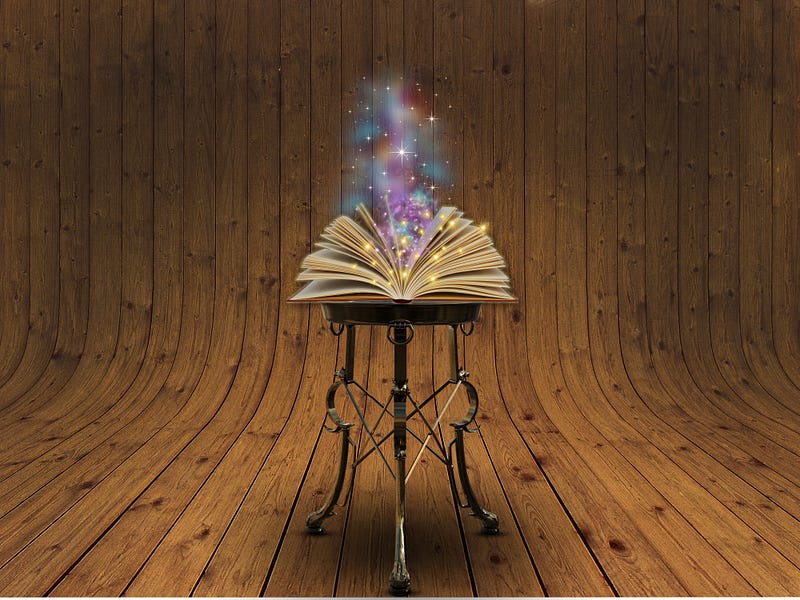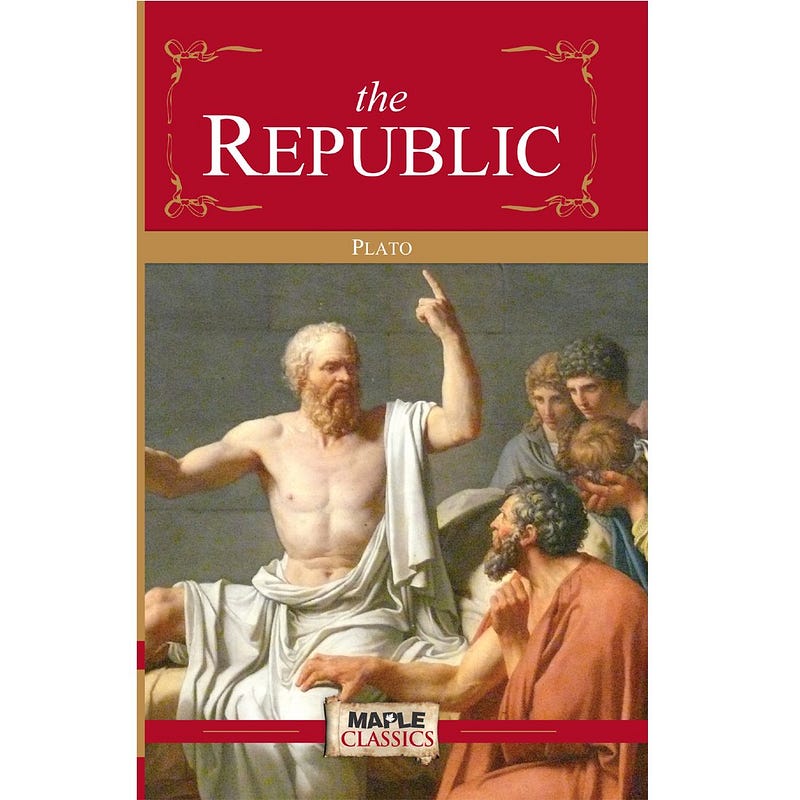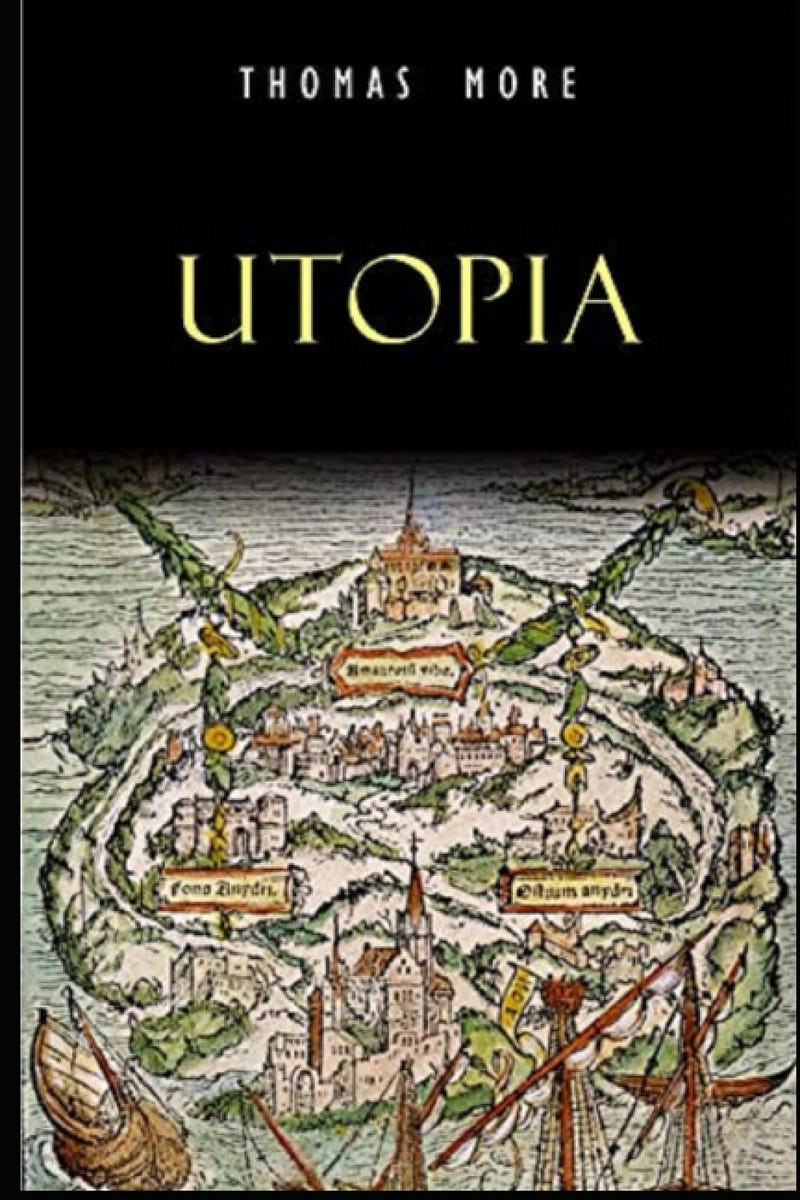Hopeful Visions of Peace: Utopias from Philosophy's Lens
Written on
Chapter 1: The Quest for Peace
The concept of peace, as envisioned in the utopian writings of various philosophers, encapsulates humanity's dreams and desires. These literary works suggest that a world devoid of conflict and strife is indeed feasible. Such visions of peace encourage us to pursue the creation of an ideal society and to aspire toward a brighter future.
Throughout history, war and violence have remained two of humanity's darkest truths. Yet, amidst this turmoil, the yearning for a peaceful and serene existence has served as a beacon of hope. To foster this flicker of optimism, philosophers have prominently featured peace in their utopian narratives, illustrating what an ideal society could look like.
Section 1.1: Plato’s Vision in "The Republic"
Plato's "The Republic" stands as one of the earliest systematic explorations of an ideal society. In this seminal work, he posits that a just society comprises three distinct classes: Guardians, Rulers, and Producers. The Guardians serve as the warrior class, safeguarding the community from external dangers. The Rulers, endowed with wisdom and fairness, lead the society. Meanwhile, the Producers engage in various trades—ranging from agriculture to craftsmanship—ensuring the community's needs are met. Plato asserts that the harmonious collaboration of these classes will cultivate an environment of peace.

Section 1.2: More’s "Utopia"
Thomas More's "Utopia," penned in the 16th century, depicts a society residing on a perfect island. In this envisioned world, there is no private ownership, and all basic needs are fulfilled. Education and healthcare are provided free of charge, ensuring that every individual enjoys equal rights. This society is free from war and violence, allowing its inhabitants to live in peace and harmony. More argues that this structure is essential for establishing a truly ideal community.

Chapter 2: The Technological Utopia
Francis Bacon's "The New Atlantis," a 17th-century work, portrays a utopian community on the island of Bensalem. In this imagined society, advancements in science and technology are prevalent, and its citizens coexist harmoniously with nature. There is a complete absence of warfare and violence, fostering an environment of peace and prosperity. Bacon contends that the evolution of science and technology is crucial for the establishment of an ideal society.

In conclusion, the peaceful utopias presented in philosophical literature embody humanity's hopes and aspirations. These narratives demonstrate that a world free from conflict and violence is indeed within reach. Such visions of peace provide inspiration for us to create an ideal society and strive for a better tomorrow.